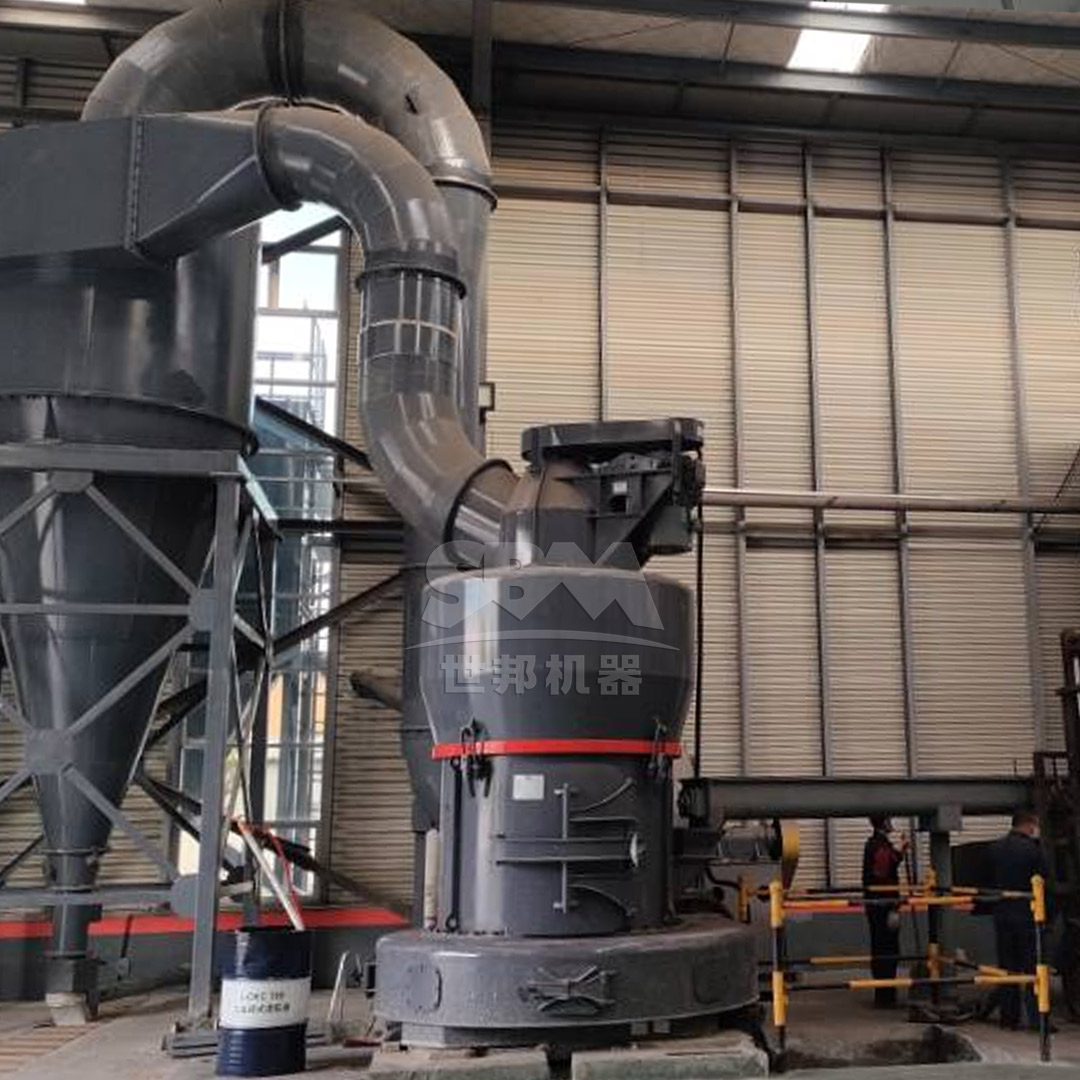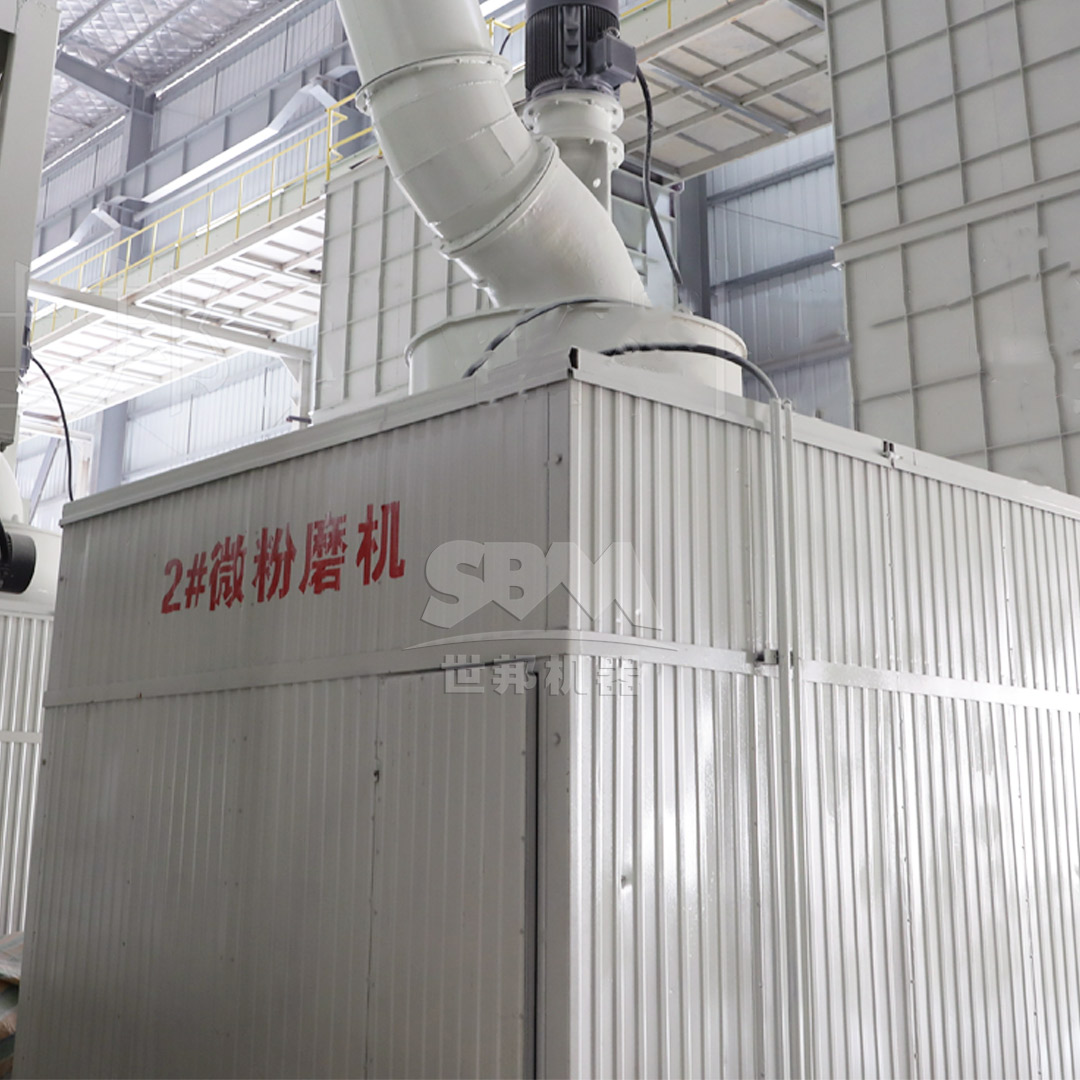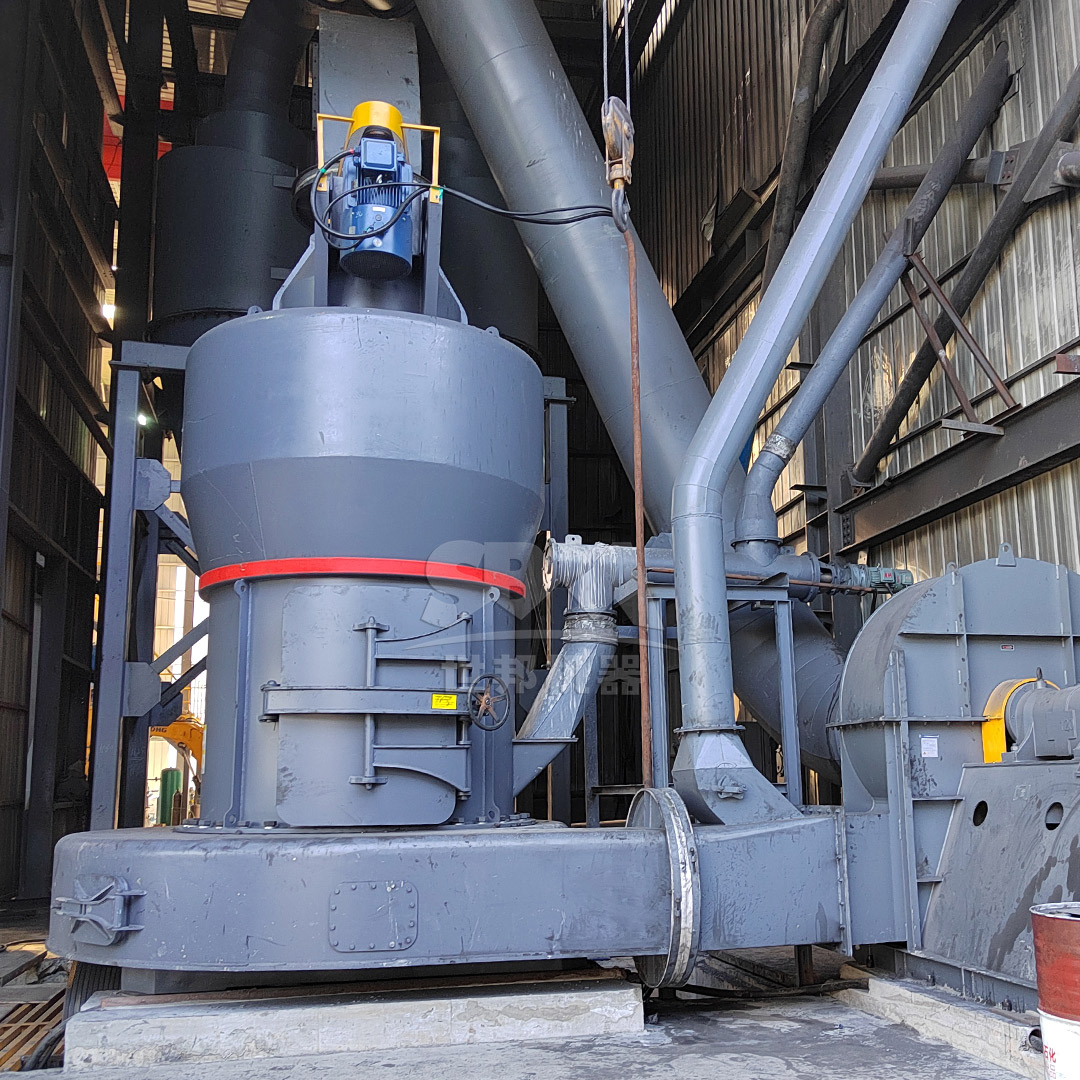Barite, a mineral composed of barium sulfate, is widely used in industrial applications due to its high density and chemical inertness. One of its primary applications is in industrial filtration, where finely ground barite powder is essential for producing high-performance filter media. The quality of the barite powder, particularly its fineness and particle size distribution, directly impacts the efficiency and effectiveness of filtration systems. This article explores the importance of barite grinding mills in producing fine powder for industrial filtration applications and highlights key technologies and equipment that ensure optimal performance.

Barite is a critical component in various filtration systems, including those used in the oil and gas industry, water treatment, and chemical processing. Its high density allows it to act as a weighting agent in drilling fluids, while its fine powder form enhances the filtration efficiency by providing a uniform particle size distribution. The fineness of the barite powder determines the clarity and purity of the filtered product, making the grinding process a crucial step in its production.
For barite powder to be effective in filtration applications, it must meet specific criteria:
Several grinding technologies are employed to produce fine barite powder, each with its advantages and limitations. The choice of technology depends on the desired fineness, production capacity, and energy efficiency requirements.
Ball mills are commonly used for grinding barite into fine powder. They operate by rotating a cylindrical shell filled with grinding media (e.g., steel balls), which impact and grind the material. While ball mills are versatile and capable of producing fine powder, they are often energy-intensive and may not achieve the ultra-fine fineness required for high-performance filtration applications.
Vertical roller mills (VRMs) offer a more energy-efficient solution for grinding barite. These mills use rollers to compress and grind the material against a rotating table, resulting in finer particle sizes and lower energy consumption compared to ball mills. VRMs are particularly suitable for producing barite powder with a fineness of 30-325 mesh.
For applications requiring ultra-fine barite powder (e.g., 325-2500 mesh), ultrafine grinding mills are the preferred choice. These mills utilize advanced grinding mechanisms, such as centrifugal force and high-pressure rollers, to achieve extremely fine particle sizes. One notable example is the SCM Ultrafine Mill, which is designed to produce barite powder with a fineness of up to 2500 mesh (D97 ≤ 5μm).

For industries requiring high-quality barite powder for filtration applications, the SCM Ultrafine Mill is an excellent choice. This mill is specifically designed to produce fine and ultra-fine powder with exceptional precision and efficiency. Key features include:
| Model | Processing Capacity (ton/h) | Main Motor Power (kW) | Input Size (mm) | Output Fineness (mesh) |
|---|---|---|---|---|
| SCM800 | 0.5-4.5 | 75 | 0-20 | 325-2500 |
| SCM900 | 0.8-6.5 | 90 | 0-20 | 325-2500 |
| SCM1000 | 1.0-8.5 | 132 | 0-20 | 325-2500 |
| SCM1250 | 2.5-14 | 185 | 0-20 | 325-2500 |
| SCM1680 | 5.0-25 | 315 | 0-20 | 325-2500 |
For applications requiring slightly coarser barite powder (30-325 mesh), the MTW Series Trapezium Mill is a reliable and efficient option. This mill combines advanced grinding technology with robust construction to deliver consistent performance. Key advantages include:
| Model | Processing Capacity (ton/h) | Main Motor Power (kW) | Input Size (mm) | Output Fineness (mesh) |
|---|---|---|---|---|
| MTW110 | 3-9 | 55 | <30 | 10-325 |
| MTW138Z | 6-17 | 90 | <35 | 10-325 |
| MTW175G | 9.5-25 | 160 | <40 | 10-325 |
| MTW215G | 15-45 | 280 | <50 | 10-325 |
Barite powder is used in various filtration applications, including:

The production of fine barite powder for industrial filtration applications requires advanced grinding technology to achieve the desired fineness, purity, and uniformity. The SCM Ultrafine Mill and MTW Series Trapezium Mill are two excellent options that offer high efficiency, precision, and durability. By investing in the right grinding equipment, industries can ensure the production of high-quality barite powder that meets the stringent requirements of modern filtration systems.